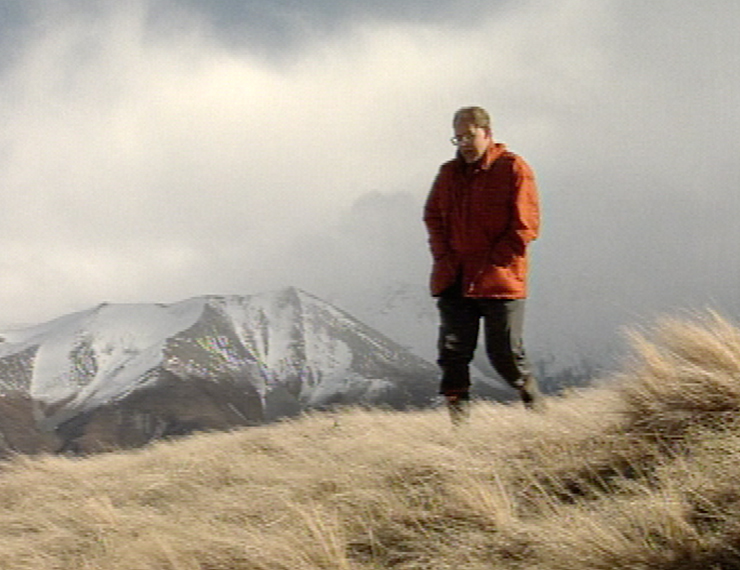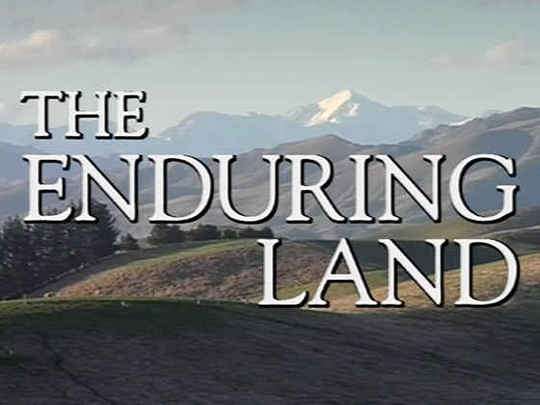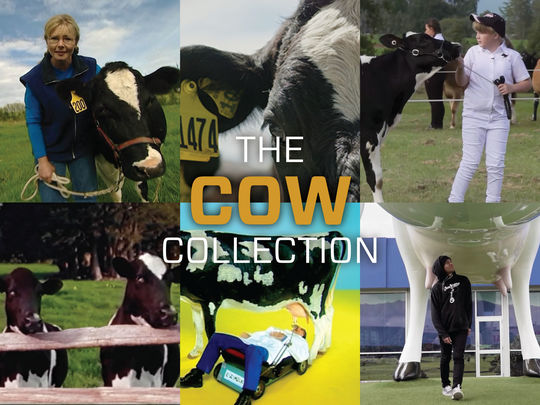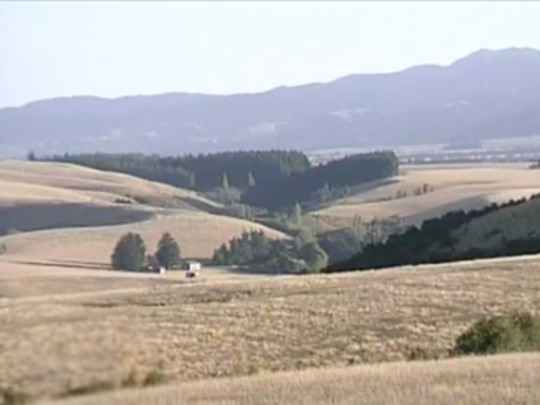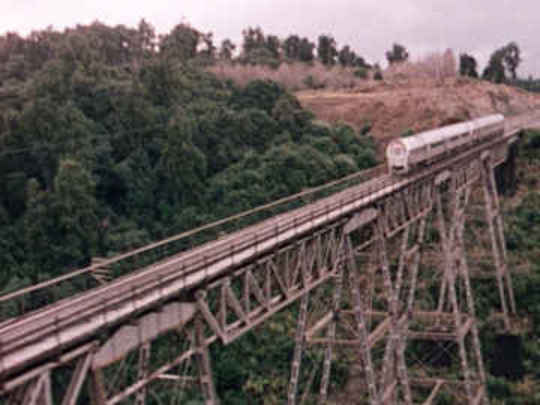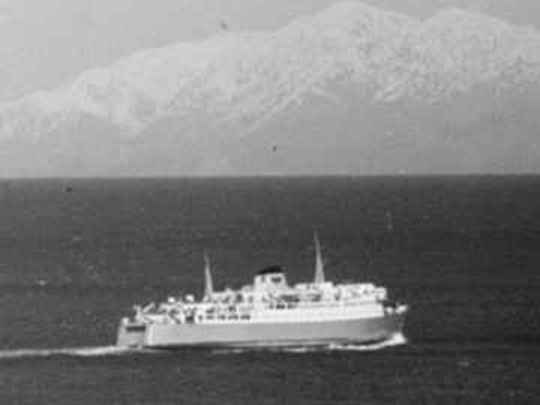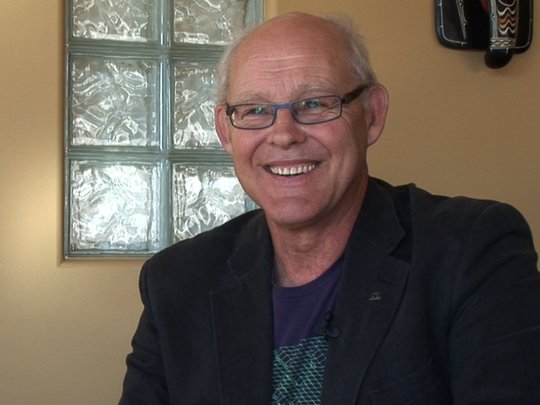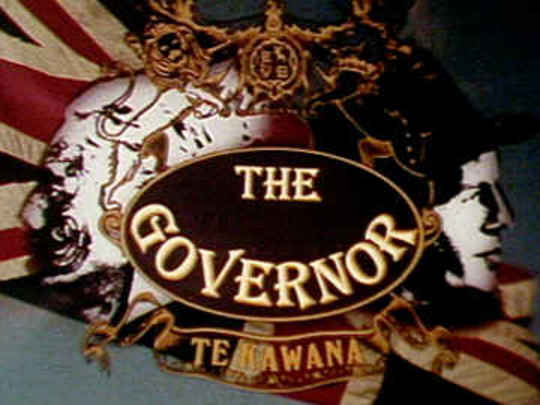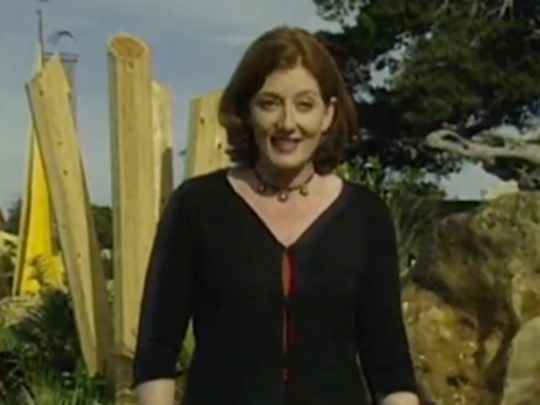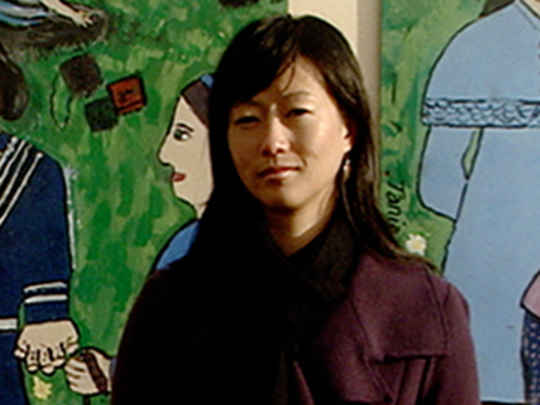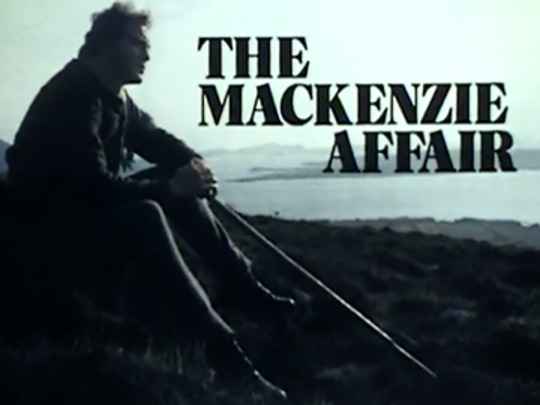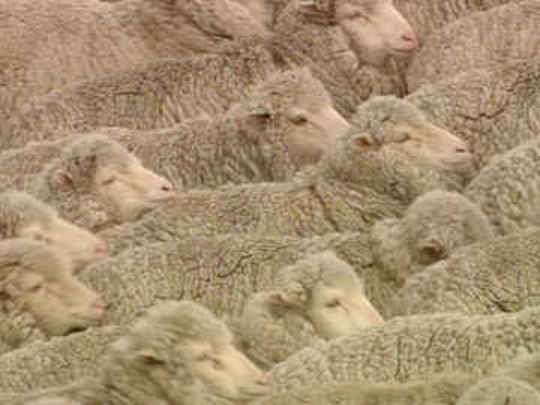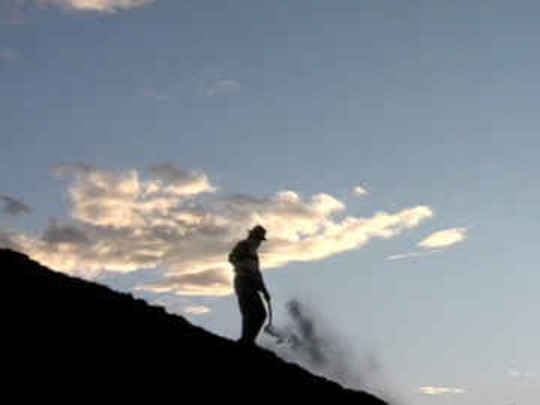It was said that the smoke could be seen in Australia.
– Rudd Kleinpaste on mass burn-offs of bush by North Island settler farmers, in the 1860s and 1870s
I do not dream of Sussex Downs, of quaint old England's quaint old towns: I think of what may yet be seen, in Johnsonville or Geraldine.
– Presenter Ruud Kleinpaste concludes the episode by reading poem 'Home Thoughts" by Kiwi poet Denis Glover
It was incredible. It was written by Fiona Kidman and I had to learn the lines verbatim...that's the last time I've ever done that. God I hated it; the learning of the lines was just crazy 'cause there was no way you could express yourself you know, have a bit of a joke.
– Ruud Kleinpaste recalls his first TV presenting role, NZ On Screen interview, 2012
It is popularly reported that quite a lot of cockies of North Taranaki say their prayers to Mr Chew Chong instead of to the great goddess Cow.
– Publication New Zealand Freelance, describing Taranaki entrepreneur Chew Chong in 1911, quoted in NZ Geographic, March 2010
The Wakefields honestly believed that Māori would be happy to hand over their land in return for the benefits of European civilisation. It was this cavalier attitude that eventually led to the struggle between Māori, wishing to keep the land, and settlers who believed it was theirs by right.
– Presenter Ruud Kleinpaste on the roots of the New Zealand Wars , early in this episode
The Dunedin eventually sailed in February of 1882 with a refrigerated cargo of 5000 sheep carcasses and 250 kegs of butter. Ninety-eight days later the cargo arrived in London, where the meat sold for the excellent price of sixpence ha'penny a pound.
– Presenter Rudd Kleinpaste describes a momentous day in the history of New Zealand meat exports
[Edward Gibbon] Wakefield's settlers were in for a rude surprise. New Zealand was not what they'd expected. There were no flat green fields. Instead, steep hills covered with dense bush pierced the sky. Hardly any subdivision had taken place, and where it had, it consisted of lines drawn haphazardly across a map, as if the hills didn't exist.
– Presenter Ruud Kleinpaste on the shock of European settlers on landing in New Zealand
